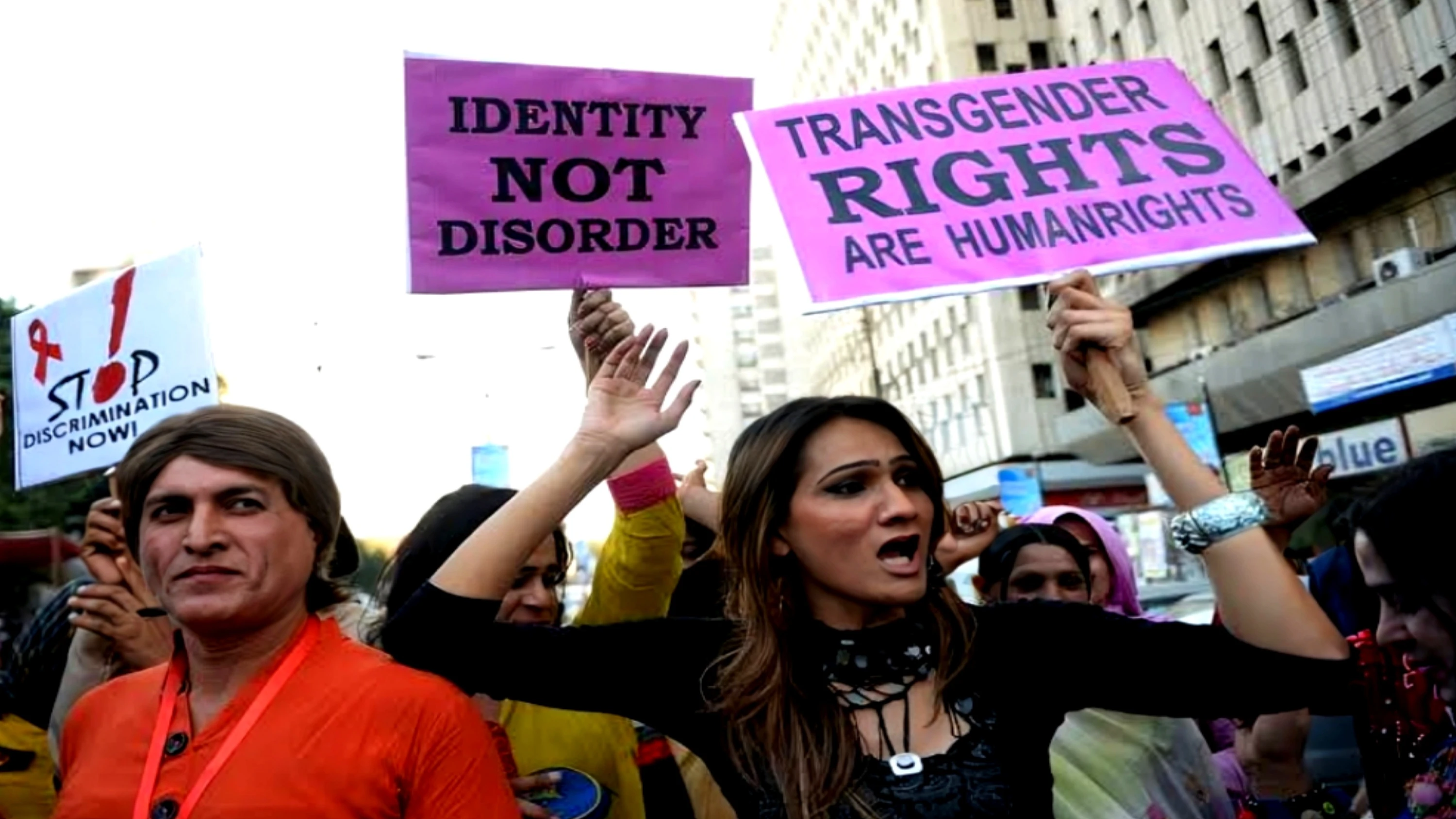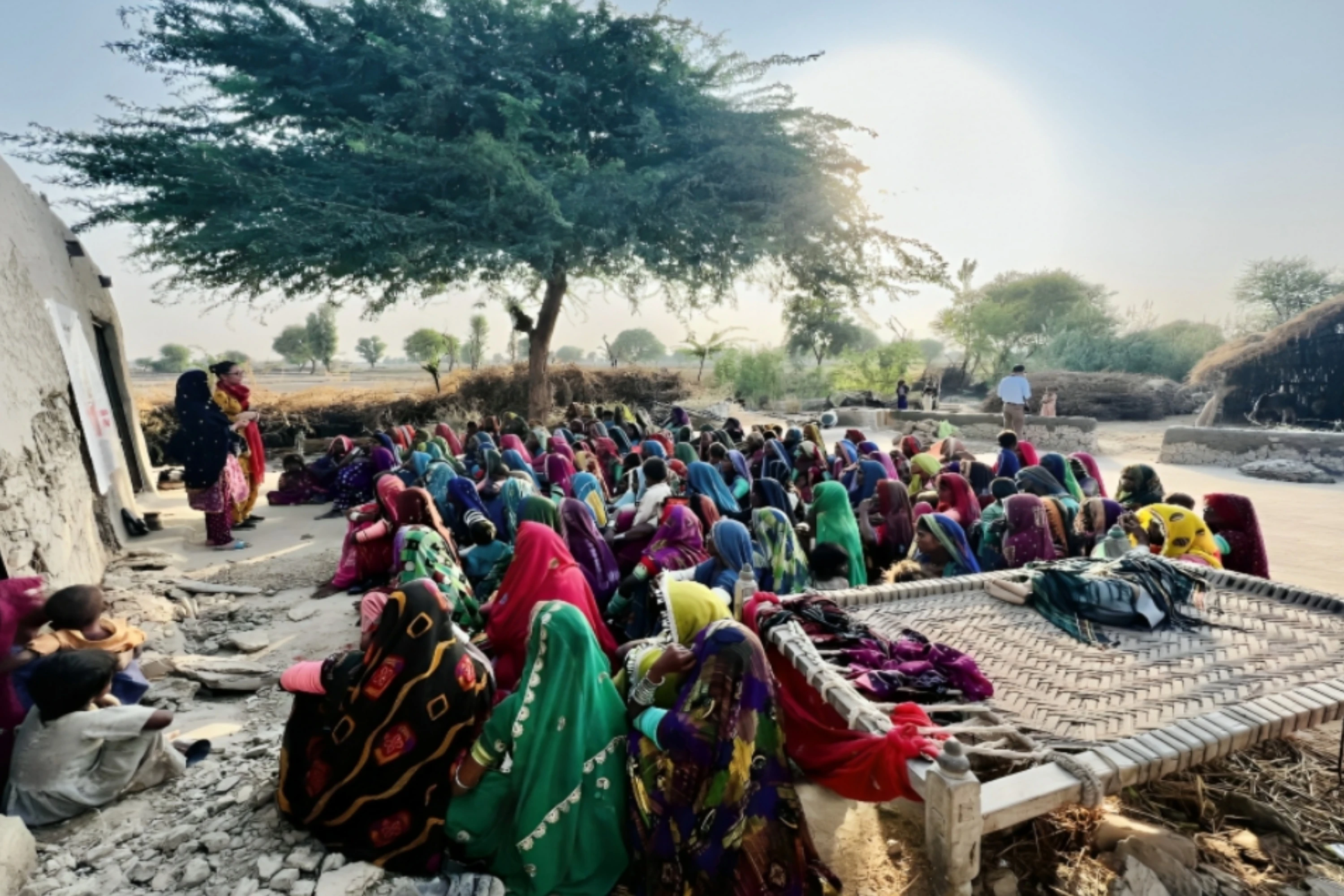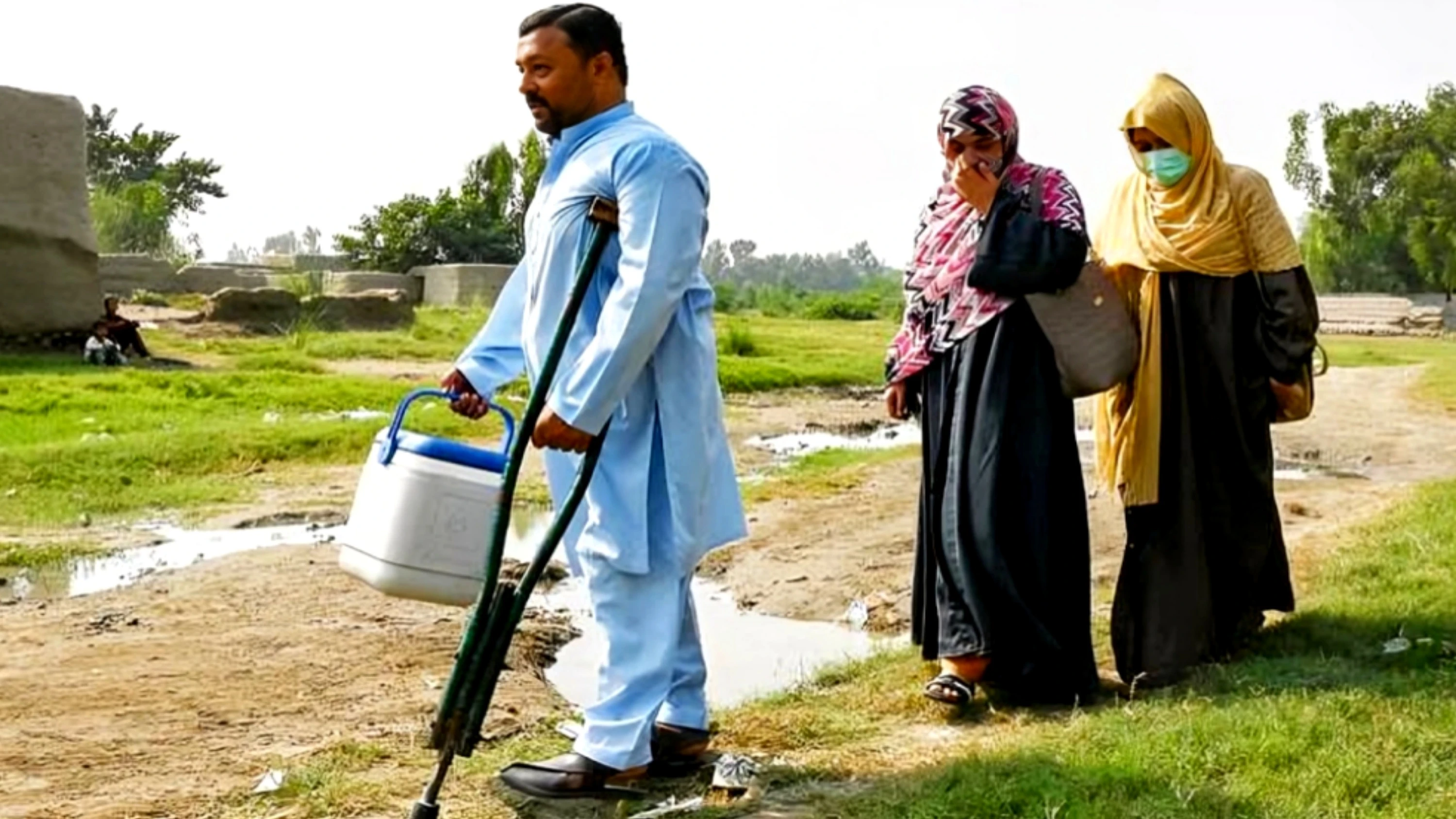Peshawar: The National Commission for Human Rights (NCHR), an independent statutory institution established under the NCHR Act, 2012, is tasked with observing the human rights landscape in Pakistan, probing violations, and advising on policy changes to fulfill constitutional and international commitments. Remaining steadfast in its dedication to marginalized groups, the NCHR has officially released a groundbreaking research report titled “Understanding the Impact of HIV Stigma on Transgender Persons Living with HIV in Khyber Pakhtunkhwa”. This study was conducted in partnership with the civil society group Blue Veins.
The research draws from comprehensive qualitative interviews with transgender individuals living with HIV (TPLHIV) throughout Khyber Pakhtunkhwa, exposing widespread systemic and institutional bias in medical settings, denial of care, socio-economic marginalization, and the absence of gender-affirming healthcare services. It underscores an urgent need for reform in the healthcare sector to ensure services are inclusive, unbiased, and tailored to the specific needs of the transgender population.
In light of the findings, the NCHR has communicated with the Khyber Pakhtunkhwa Health Department, calling for immediate steps such as incorporating transgender-inclusive healthcare training into the medical curriculum, implementing and widely distributing gender-sensitive guidelines for healthcare workers, and expanding public health initiatives like the Sehat Insaf Card to explicitly cover transgender individuals. Additionally, the Commission has proposed setting up mechanisms within hospitals to handle discrimination complaints from TPLHIV and to guarantee accountability.
“These findings are extremely alarming and highlight that transgender persons living with HIV face compounded vulnerabilities — not solely due to their health condition but also because of entrenched institutional neglect,” said Mr. Rizwanullah Shah, the NCHR’s Provincial Coordinator in Khyber Pakhtunkhwa. “As a constitutional institution committed to human rights, we urge the provincial authorities to mainstream transgender-inclusive medical training, improve oversight of discriminatory practices in health facilities, and ensure that HIV prevention and care services are unbiased and accessible.”
Supporting the call for healthcare reform grounded in human rights, prominent rights advocate and policy specialist Qamar Naseem added, “We already have a strong set of legal and policy instruments, including the Transgender Persons (Protection of Rights) Act, 2018, and sector-specific health policies. What’s lacking is their practical enforcement. The government must prioritize better implementation, foster institutional responsibility, and actively monitor whether these protections are being delivered to transgender people at the grassroots level.”
Echoing this appeal, Farzana Jan, President of the TransAction Alliance, conveyed the everyday struggles of the community: “It is intolerable that transgender individuals continue to face silent suffering while trying to access essential healthcare. We demand more than token gestures — we need compassionate, informed, and sensitive healthcare services available to us in every facility across Khyber Pakhtunkhwa. This research gives weight to our experiences and should now serve as a catalyst for genuine reform.”
The NCHR reaffirms its readiness to support interdepartmental collaboration, advocacy efforts, and inclusive policy development to make sure the healthcare rights of transgender persons move beyond policy texts and into real-world application. In doing so, the Commission calls for a comprehensive, inclusive, and rights-centered HIV response that ensures no one is excluded.
Contact:
National Commission for Human Rights – Khyber Pakhtunkhwa
Email: Rizwan.shah@nchr.gov.pk | Phone: 0345 9831090








